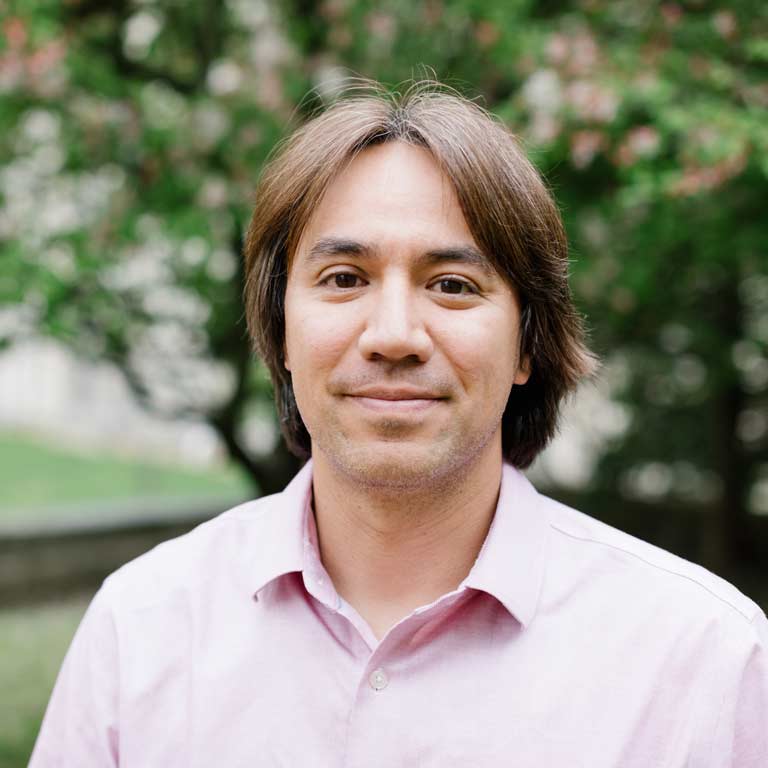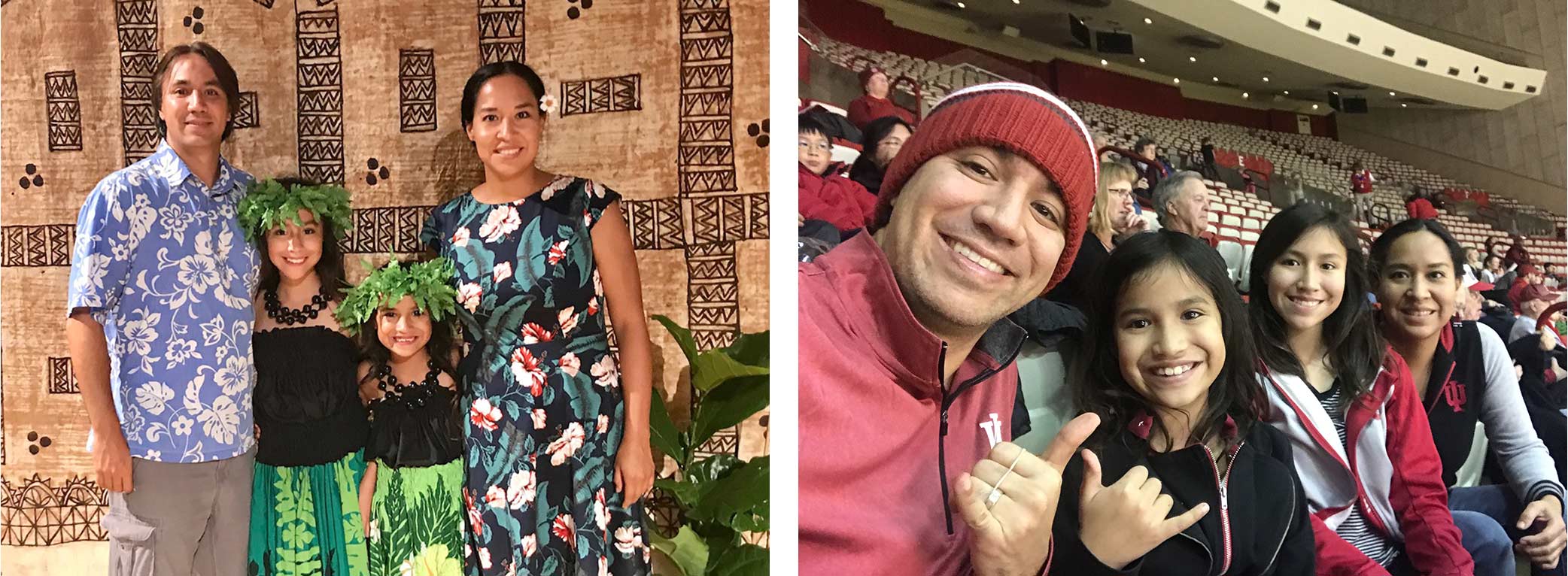Michael Ing, an associate professor in the Department of Religious Studies, has been awarded a $226,000 New Directions Fellowship from The Andrew W. Mellon Foundation. The fellowships, which have been offered nationwide since 2002, enable young scholars to pursue formal training outside their specialty.
The author of two books on early Confucian thought, Ing will use his two-year fellowship to explore new channels in Hawaiian Studies. “I want to explore what happens when we take Hawaiian culture seriously as a source of reflection on what it means to be human, instead of picturing Hawaii as a land of hula dancers and beaches,” Ing says.



